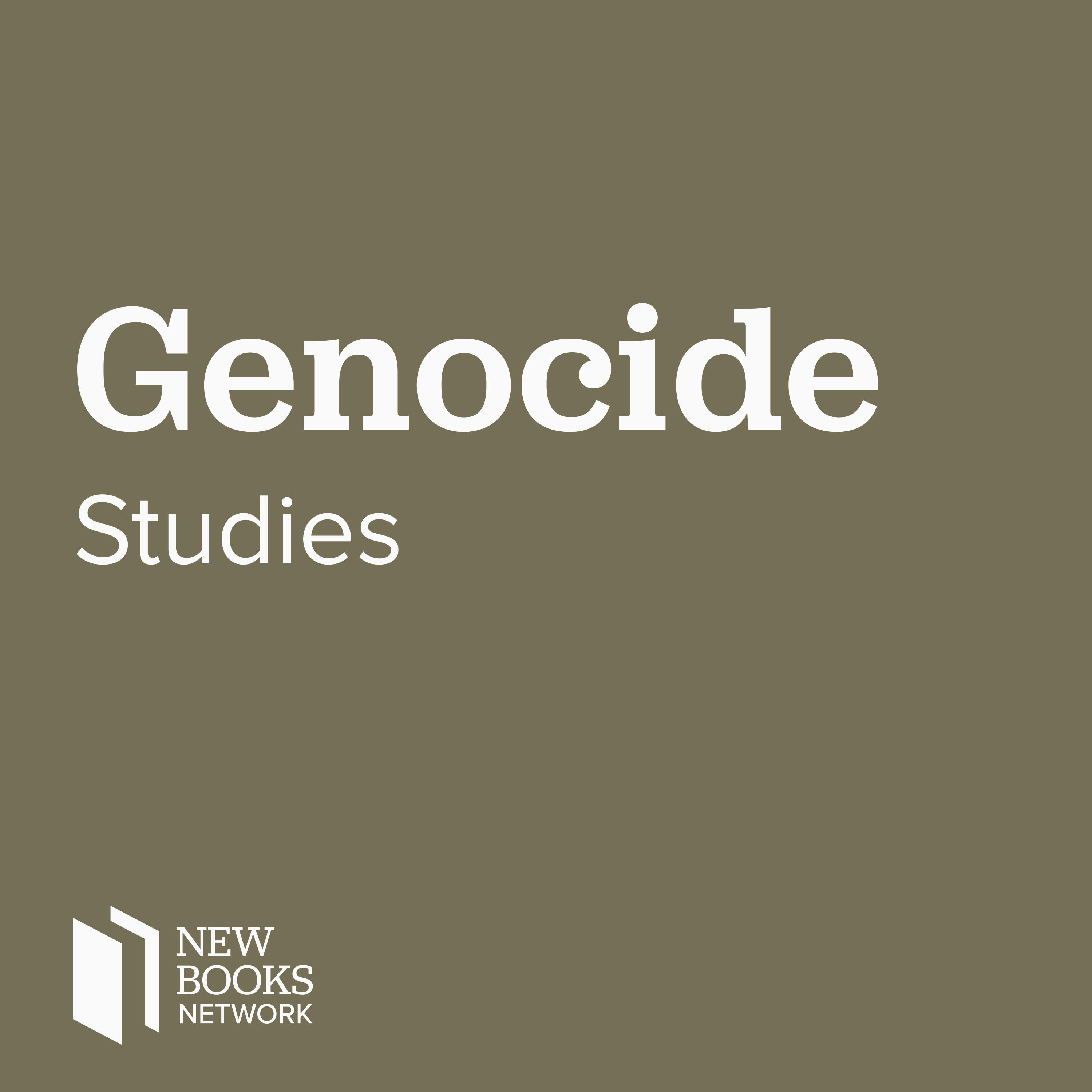Mark Roseman, "Lives Reclaimed: A Story of Rescue and Resistance in Nazi Germany" (Metropolitan Books, 2019)

What makes some people aid the persecuted while others just stand by?\nQuestions about rescue and resistance have been fundamental to the field of genocide studies since its inception.\xa0 Mark Roseman offers a sophisticated and deeply human exploration of this question in his new book Lives Reclaimed: A Story of Rescue and Resistance in Nazi Germany (Metropolitan Books, 2019). The book is a careful examination of a small organization called \u201cLeague:\xa0 Community for Socialist Life.\u201d\xa0 Generally referred to by its German shorthand, the Bund was founded in the 1920s to inspire Germans to create a new, more ethical and more communal world.\xa0 But the emergence of Nazi rule forced the Bund to consider how it could achieve its goals and even survive in a much different political climate than it faced originally.\xa0 As they did so, its members strove to discern what living their ideals meant in a Nazi world and how to do so safely.\nMembers of the Bund responded in a complicated, contingent ways.\xa0 Prominent among them were a variety of attempts to help those suffering around them.\xa0 These ranged from moments of kindness (offering flowers to Jews whose houses had been wrecked) to efforts to hide Jews from police and deportation for months or years at a time.\xa0 It\u2019s an extraordinary story that reads like a novel.\xa0 From it, Roseman draws from it lessons about human behavior and decisions that are rooted in the particular context of the holocaust but ring true in a wide variety of moments and conflicts.\nKelly McFall is Professor of History and Director of the Honors Program at Newman University. He\u2019s the author of four modules in the Reacting to the Past series, including The Needs of Others: Human Rights, International Organizations and Intervention in Rwanda, 1994, published by W. W. Norton Press.\n\n\xa0\nLearn more about your ad choices. Visit megaphone.fm/adchoices\nSupport our show by becoming a premium member! https://newbooksnetwork.supportingcast.fm/genocide-studies